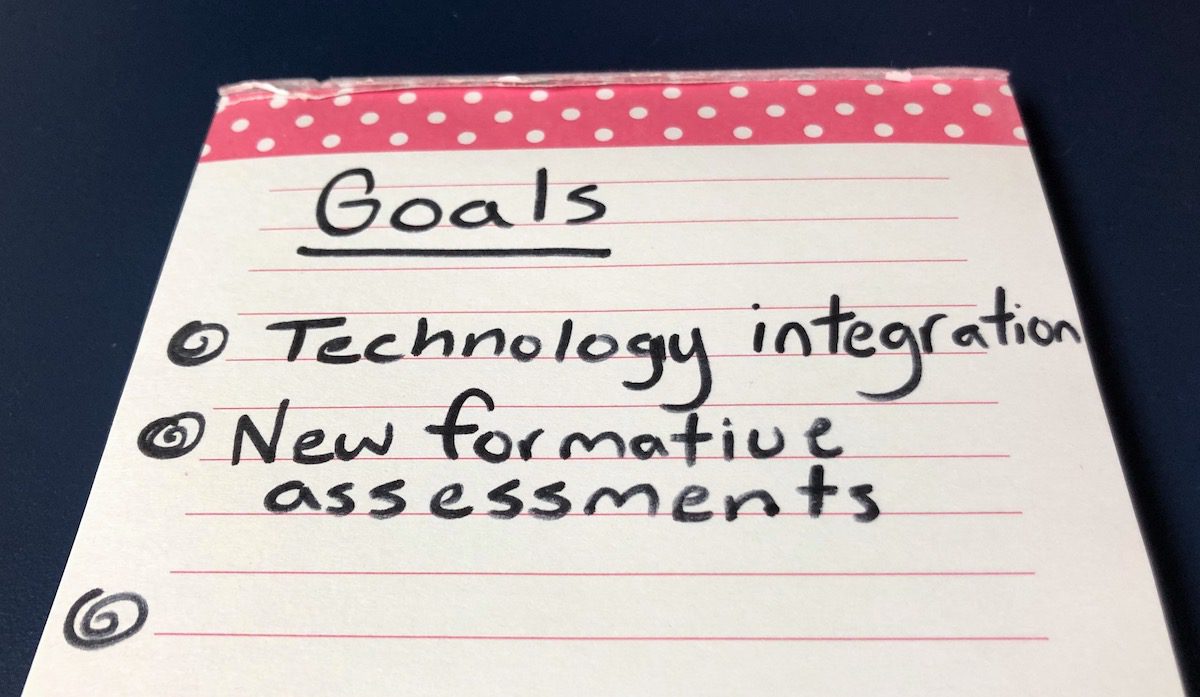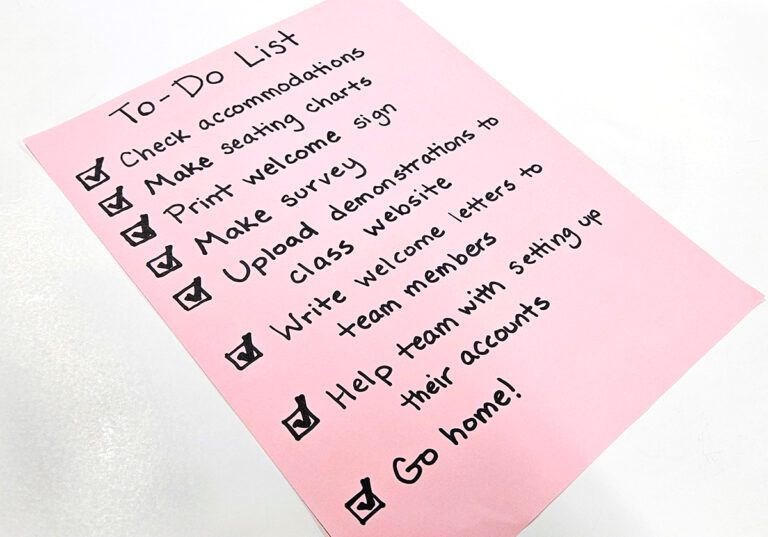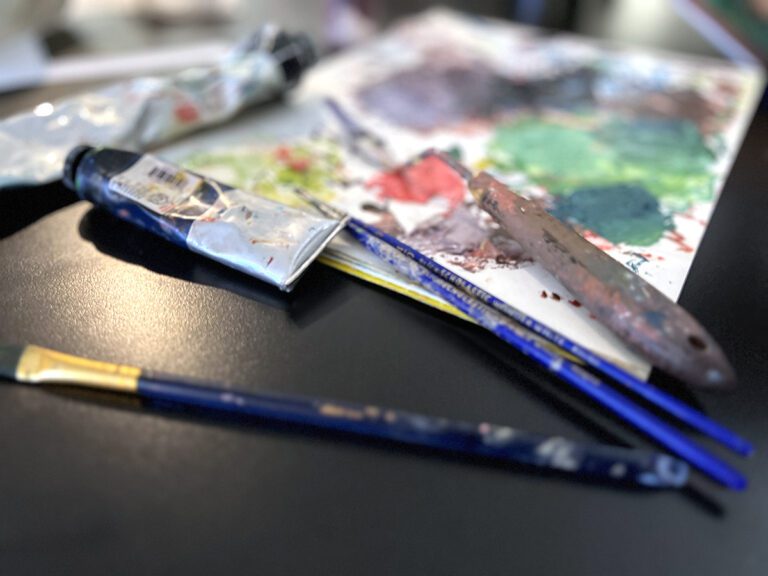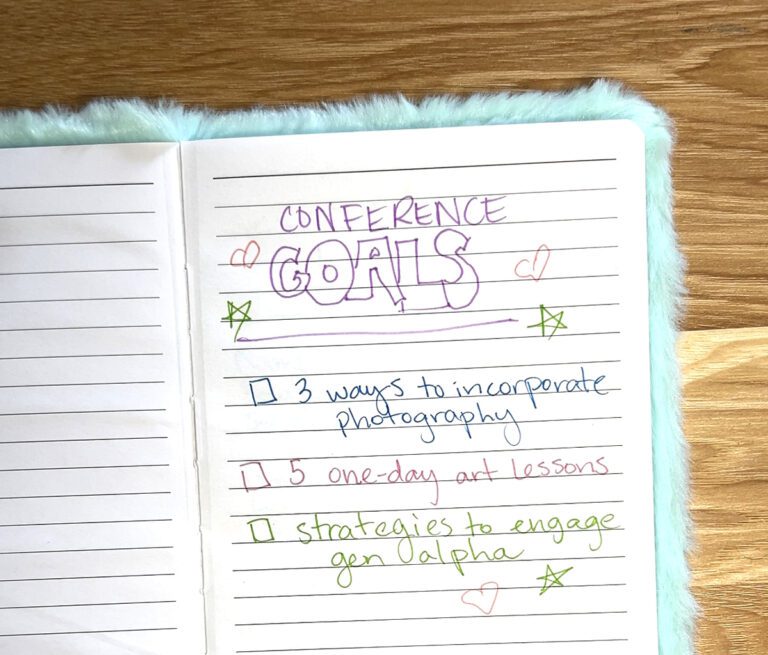Being evaluated can be stressful. While we feel comfortable in a classroom full of students, adding an administrator to the mix can ratchet up the anxiety.
However, I challenge you to look at the flip side. An evaluation can also be a great time to showcase the work happening in your classroom and get feedback to enhance your teaching skills.
Here are 5 Ways to Feel More Calm During Your Next Evaluation Year
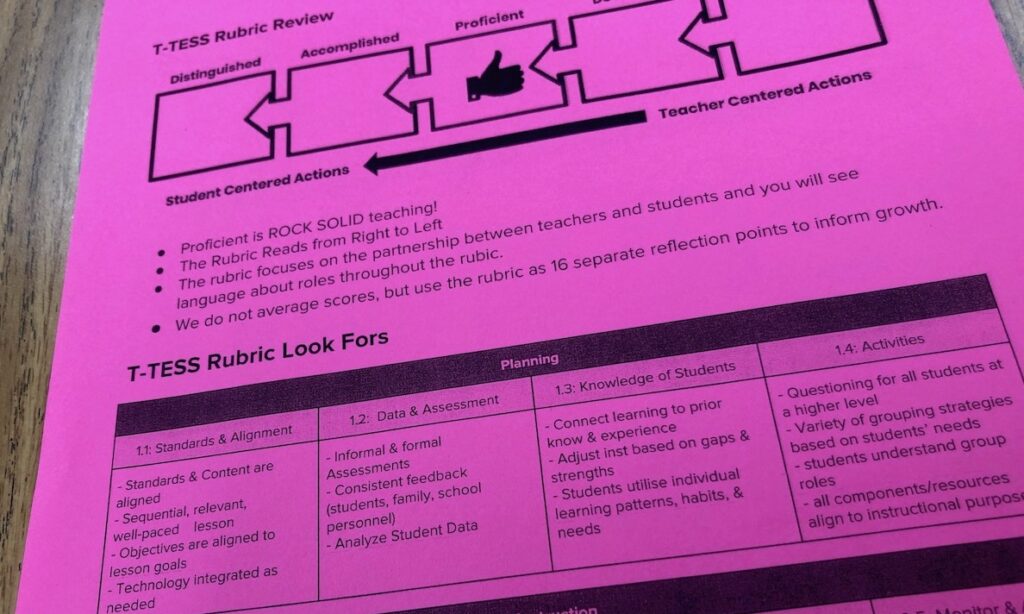
1. Be aware of the expectations.
One way to lower anxiety is to make sure you clearly understand what your administrators are looking for. The system your district uses should have a rubric to guide the observation. Be sure to look it over and ask any clarifying questions if needed.
Here are a just few things administrators might be assessing.
- How you align your lessons with standards
- How you differentiate for students in your classroom
- How you give students feedback
- How you conduct informal and formal assessments
- How you manage your classroom
- How you build relationships with students
2. Make time for self-reflection.
Self-reflection is such an important tool to use as you grow in your personal and professional lives. If you’ve had a past evaluation, it’s the perfect time to remind yourself of past areas of growth. This way, you can make sure to give those areas extra attention.
Regardless, writing goals for improvement areas is a good first step to bettering your craft. Maybe you’d like to add more technology to your classroom. Perhaps you want to strengthen your classroom management plan. Whatever your goal, seek out books, online resources, advice from co-workers, and anything else you feel might help.
As you take action upon areas of improvement, your teaching will improve thus making you more confident, especially when you are being observed.
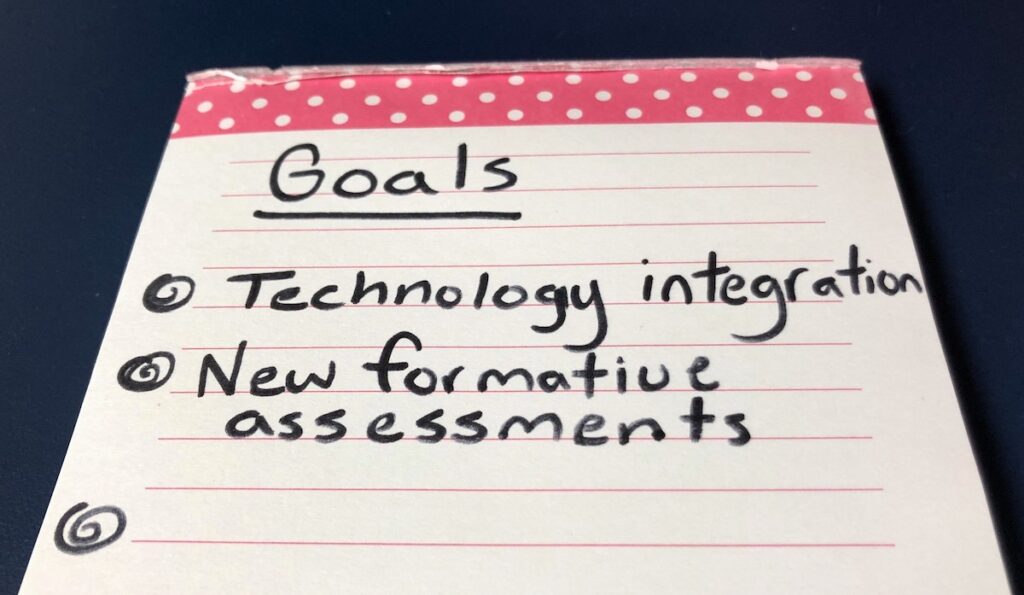
These five tips will get you on the path to rocking your next observation. If you want even more in-depth information, be sure to check out the Preparing for Evaluations and Observations PRO Learning Pack. You’ll learn about the three big ideas of evaluations- students, content knowledge, and instructional practice. Plus, you’ll walk away with strategies to implement immediately!
3. Be open-minded.
Criticism or the sense of judgment can be hard to handle at times. Remember these practices are set in place to help you grow and growing benefits both you and your students.
So, after your evaluation, make sure to keep an open mind when it comes to the advice or notes shared with you. A conference with your evaluating administrator typically follows your observation. This is a good time to ask clarifying questions about their comments and get suggestions to take action toward areas of improvement.
4. Do some prep work.
When you feel stressed, you may not perform to your best level. One way to feel less stressed is to put some time into preparing. This goes for both scheduled and unscheduled check-ins.
One way to ease your mind is to remind your students about proper behavior when you have guests in the room. The more they understand this, the better they should behave. Let them know when observers come in; they want to see students doing their best.
You may also want to have a few higher-level thinking questions up your sleeve at all times to go with your lessons so you can pop those out as needed. It’s also a good idea to make sure your routines and lesson plans are solid. This way, you’ll feel well prepared much of the time, alleviating some of the stress.
5. Choose activities wisely.
Choose lessons or activities with which you feel comfortable to highlight your strengths and focus on the evaluation rubric. Think about how you will differentiate for students and showcase your wonderful relationships with them.
Also, get your students in the habit of doing some quick and easy formative assessments so you can showcase student reflections. You may try exit slips or think-pair-share activities, or conduct a group discussion at the end of class.
No matter our feelings on the matter, evaluations are here for the foreseeable future. It pays to look at them as an opportunity to learn and grow. Do your best to plan ahead, so you are ready to be observed.
What do you do to prepare for your teacher evaluation?
Are your observations planned or unannounced?
Magazine articles and podcasts are opinions of professional education contributors and do not necessarily represent the position of the Art of Education University (AOEU) or its academic offerings. Contributors use terms in the way they are most often talked about in the scope of their educational experiences.
